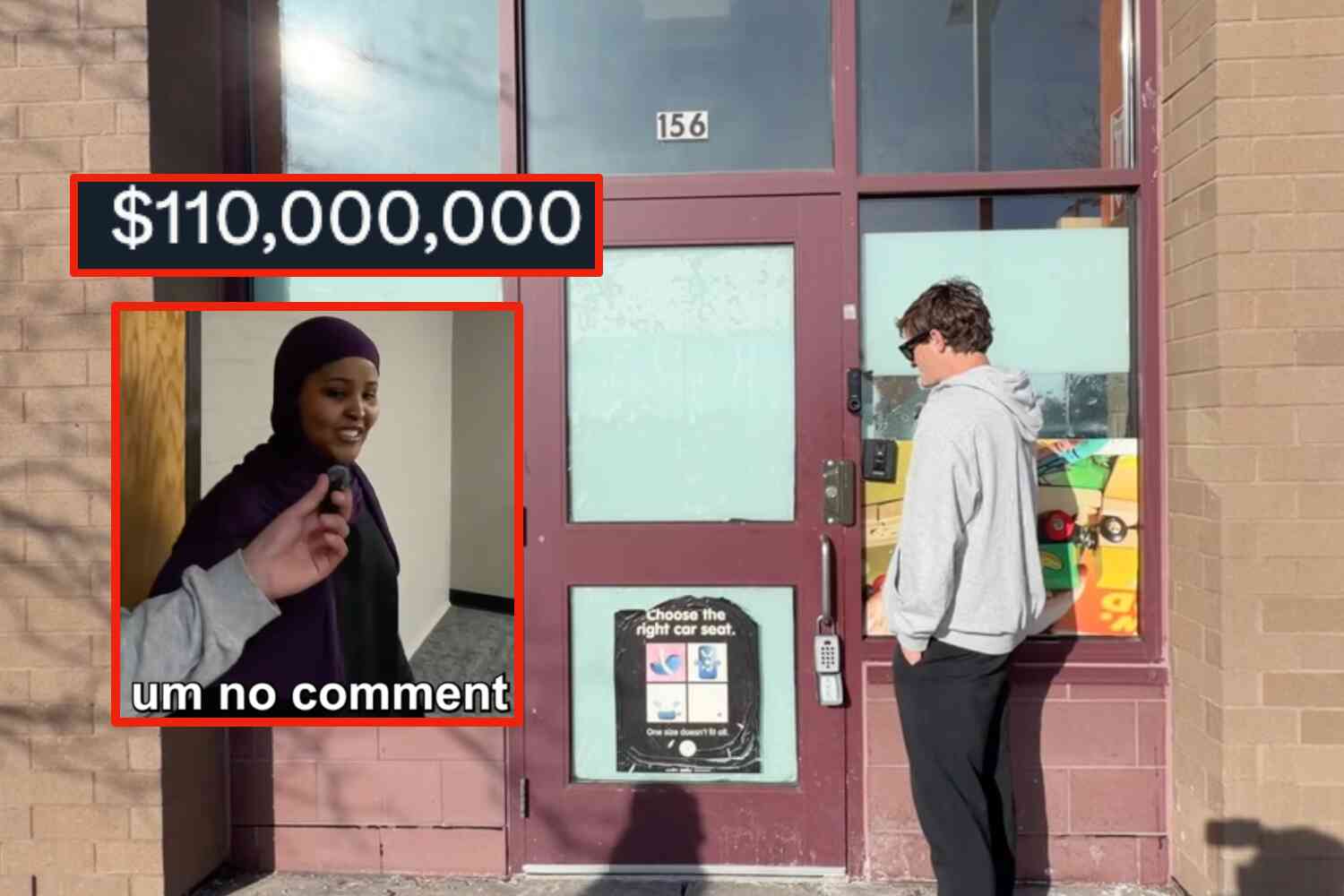Whenever someone makes a comment that in any way misrepresents the root cause of inflation, amateur economics professor wannabee smartypants come out of the woodwork to declare,

They then go on to explain in various ways that inflation is purely a monetary phenomenon, their explanation usually accompanied by a quote from Milton Friedman.
I should concede here, that I have been, and will likely be in the future, one of those amateur economics professor wannabee smartypants.
As Milton Friedman once said...
Okay, I'll stop. Maybe.
It certainly is important that we understand the distinction between genuine inflation and more narrow price increases affecting specific consumer items to ensure proper policy remedies are put in place.
For example, a drought-driven failure of the soybean crop and the resulting increase in prices for soybeans and related products is not inflation and the last thing you would want to do is have the federal reserve embark on a round of monetary tightening in order to "bring down soybean inflation."
It's not inflation, it's just that soybeans cost more. It's a microeconomic issue, not a macro one, and primarily affects men who wear onesie pajamas and still listen to Dave Matthews.

Less obvious are commodities in which you can have quite a few items increase in price all at once, resulting in a broad range of goods being affected.
Energy is a prime example. If the price of oil goes up, that can trickle throughout the economy as many products depend on oil as a major component of their cost structure not the least of which is the fact that most every manufactured product is to one degree or another, dependent on oil for transportation.
Such broad price increases can feel like inflation, but absent monetary easing in which the Federal Reserve floods the market with extra dollars, other prices will recede as consumers adjust their budgets.
But it's not really inflation, and again, a monetary solution to a microeconomic problem would be a mistake.
So, yes, it's important we make these distinctions, but we must make all of them, not just the ones that fit our narrative at any particular point in time. From a policy standpoint, it's equally important that we stay focused on what people care about and it's definitely not the minutia of monetary policy.
Let's start with a prime example of the amateur economics professor wannabee smartypants reflex.
The headline captures the essence of this kind of piece so well, it's peak iconoclast clickbait.
She starts with Massachusetts Senator Elizabeth Warren's plan to combat "inflation."
Whatever you think of her, at least Elizabeth Warren is trying to do something about inflation, right? The Democratic senator from Massachusetts wants legislation to give the Federal Trade Commission and state governments more authority to crack down on corporations that significantly raise prices. This stands in stark contrast to the Biden administration, whose policy response consists mainly of blaming the pandemic and Russian President Vladimir Putin, railing against Republican tax proposals and otherwise denying responsibility for the fastest price increases in decades.
And then the punchline:
That being said, let me add this: President Biden's plan is much better than Warren's — precisely because it does effectively nothing. It's not something politicians can go around telling voters, but sometimes "nothing" is the best policy option you have.
She's right if all we're talking about is inflation.
While she admirably resists the urge to quote Milton Friedman she lays out the essence of the monetary theory of inflation, one I also ascribe to.
Inflation is always and everywhere a matter of too much money chasing too few goods.
Correct, it's the macroeconomic version of the law of supply and demand, but economies are more complicated than that, and simply washing your hands of the problem and leaving responsibility for all price increases in the hands of the Federal Reserve is frankly a misleading way to look at the matter.
Let's break it down like this:
- Overall inflation stood at 8.5% for the year ended March 31.
- Over that same time period, gasoline prices rose 48%.
Only a fraction of the price increase in gasoline is because of overall monetary inflation.
Biden might not be able to do much (more on that in a moment) about "inflation" but he sure can do something about the price of gasoline, which along with food helped boost the overall inflation rate by about two percentage points.
It's good old microeconomic supply and demand.
There are a number of factors contributing to gasoline prices, including, yes, the war in Ukraine, or more precisely, our response to the war in Ukraine.
However we are not helpless, and neither is Biden. We can increase supply. We can stop discouraging investment in oil exploration through permitting restrictions, pipeline cancellations, and ESG investment criteria that discourage such investments, and instead do the exact opposite of those things.
Because things like the below are purely self-inflicted wounds, and are not Federal Reserve Chairman Jerome Powell's fault. They are Joe Biden's.
Biden Administration officials say those efforts would take time to have an effect, but they've been saying that since they cancelled the Keystone XL Pipeline well over a year ago. Maybe time to get a move on these things now before it gets any later.
While it would do nothing to reduce "inflation," that core number that is running at over 6% a year, it would reduce prices which is what consumers actually care about.
Biden is not helpless to do that, and suggesting he is leaves him blameless, and eliminates any pressure people might want to put on him to "do something."
McArdle is right, sometimes doing nothing is better than doing something, but this is not one of those times, because there are somethings that Biden can do and do now.
McArdle herself doesn't understand the issue as well as she thinks she does.
But if Biden really wanted to, the federal government could also theoretically attack inflation through fiscal policy, with some combination of tax hikes or spending cuts.
It's a moot point. As McArdle points out, the pain it would cause Americans makes it a political impossibility, but it's also an economic one.
Where does she think the money goes?
You increase taxes, the money doesn't disappear. It pays off debt freeing up investment. You cut spending, that should also free up borrowing.
Of course, all this presupposes a normally functioning economy, which gets us to my last point.
In a normally functioning economy, massive federal spending like Biden's $1 trillion infrastructure plan would not result in inflation. The massive amount of borrowing necessary to fund the plan would compete with other borrowing in the marketplace resulting in higher interest rates which would suppress private investment which would slow the economy and other spending.
But when you have the Federal Reserve backing you up, as it has done for years, running the printing presses, that spending is "covered" if you will with additional dollars.
Yes, it's ultimately a monetary phenomenon, but it's brought on by an unholy alliance between the purportedly independent Fed, and the federal government.
So yes, Joe Biden's profligate spending together with a compliant fed (a policy that spans over a decade I might add) helped boost inflation.
There is some pain ahead if the Fed acts responsibly to pull the reigns in on the economy to combat inflation, and Biden acts responsibly pulling back on spending. He can even ease the pain by freeing up the fossil fuel industry which will not only help bring prices down (prices, not inflation) but help keep the economy sputtering along in the meantime.
If these actions are not taken, the pain will ultimately be much worse.
As Milton Friedman once said, "Inflation is taxation without legislation…"

P.S. Now check out our latest video 👇









